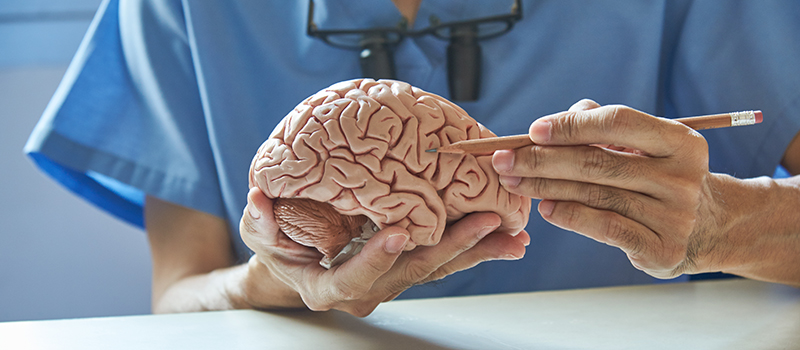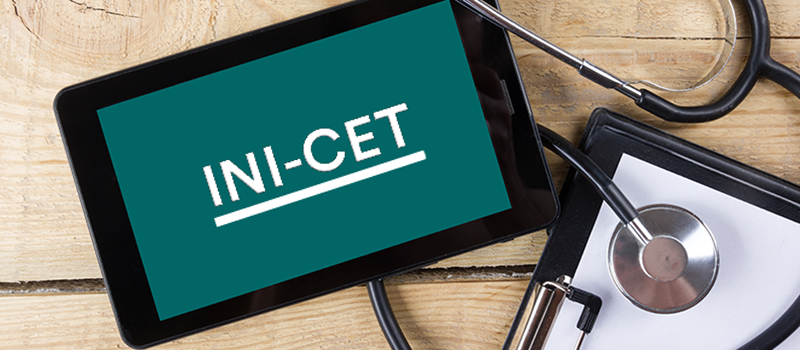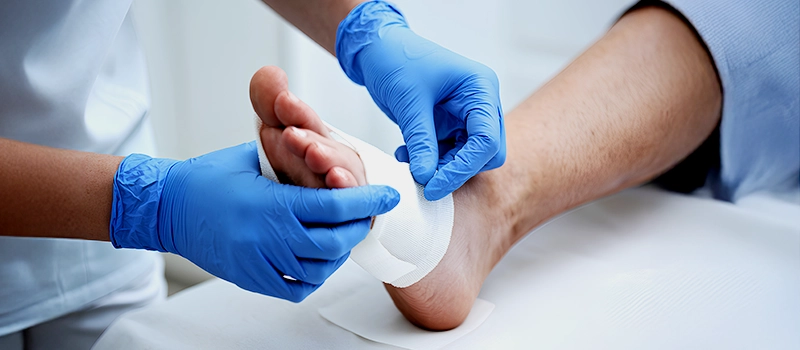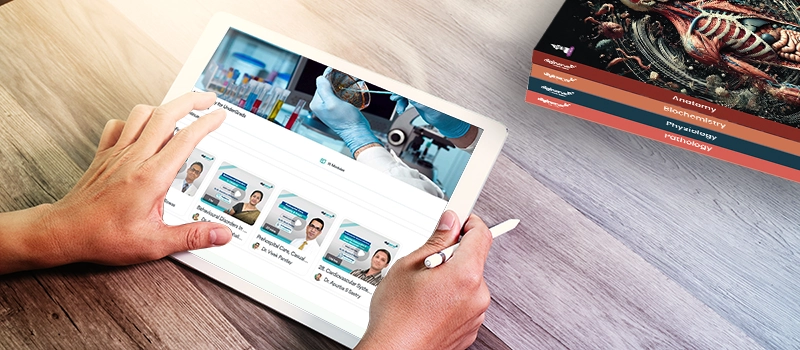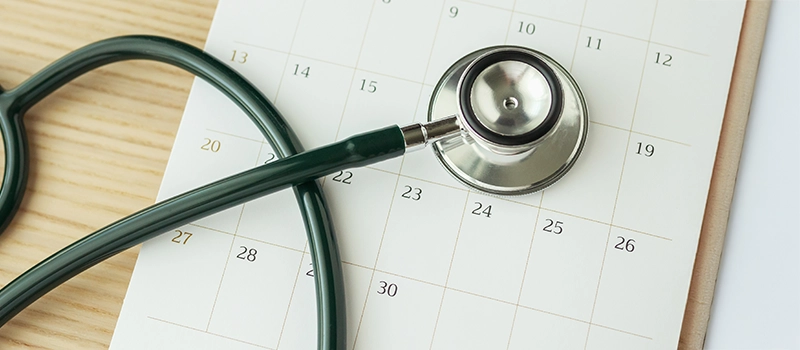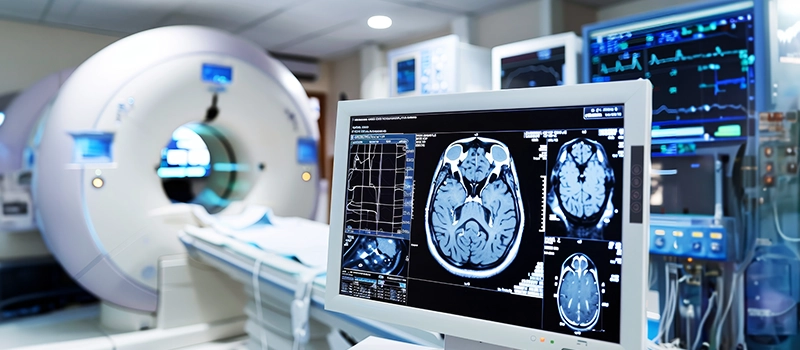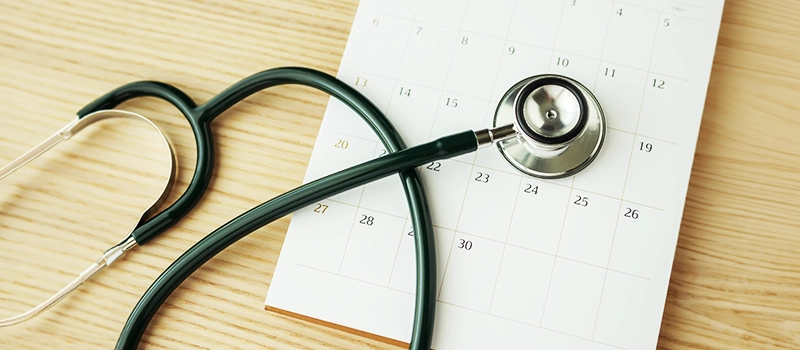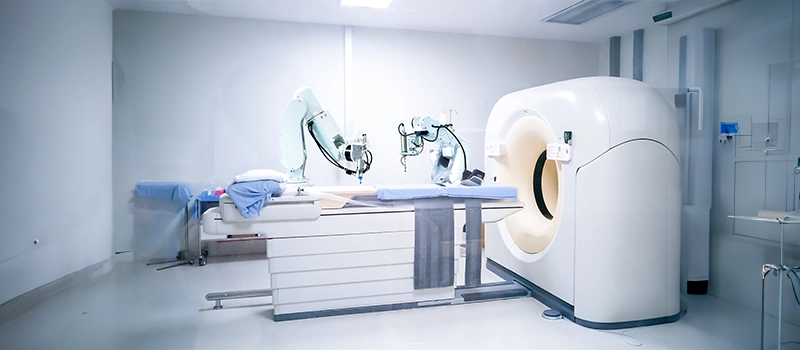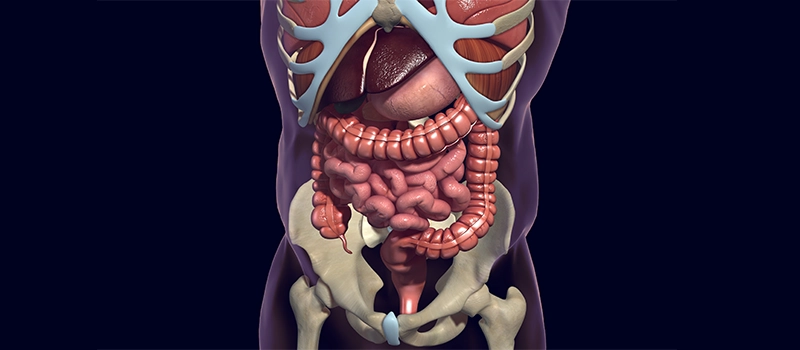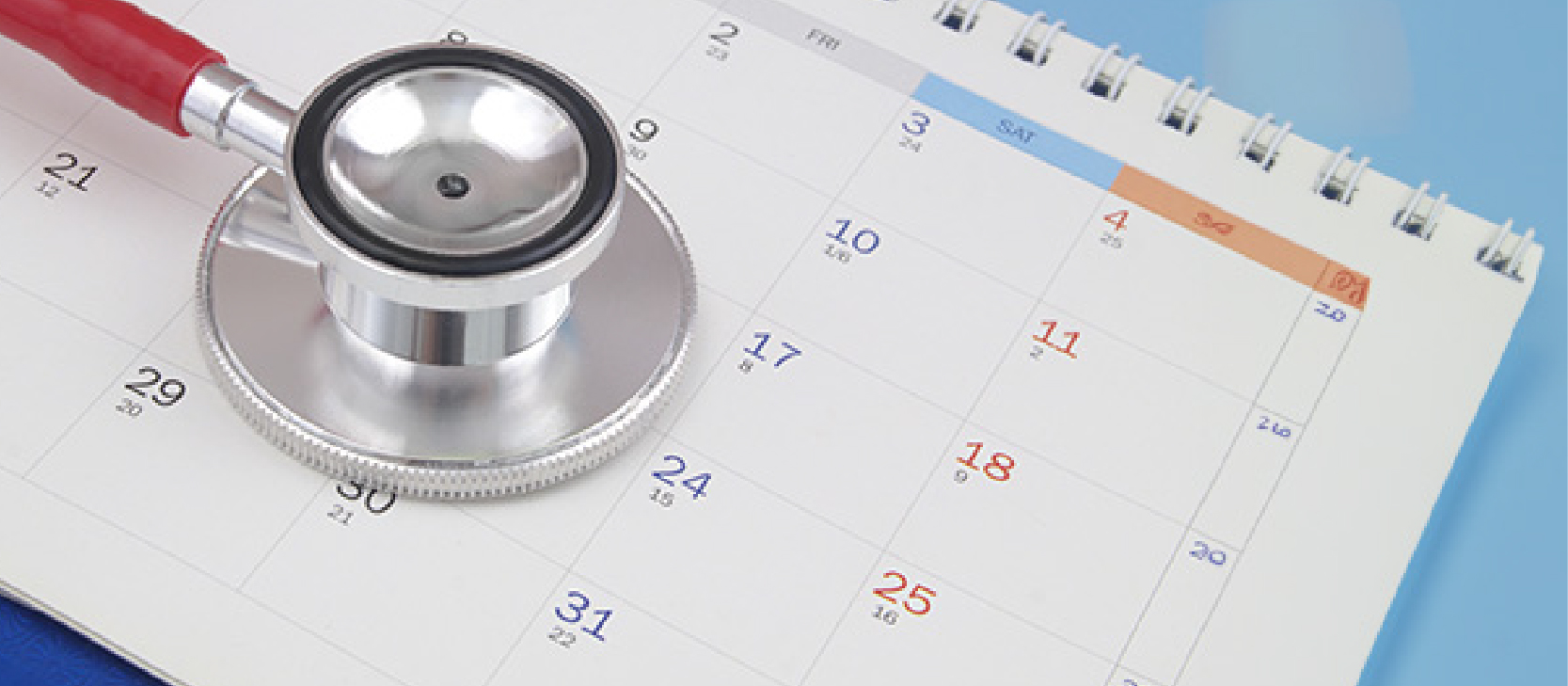
Anesthesiology: Important Topics and Preparation Tips
Anesthesiology is a medical speciality that deals with the perioperative care of patients before, after, and during surgery. It is a dynamic field with evolving practices.
Anesthesiology subject in MBBS requires a combination of theoretical understanding, practical application, and critical thinking. Regular, focused, and integrated study approaches will contribute to your success in understanding and applying anaesthesia concepts to real-life cases.
Knowing high-yield topics, exam pattern, subject weightage in competitive exams, and reliable preparation tips maximise your chances of gaining conceptual clarity over a subject and getting good grades.
Subject Weightage of Anesthesiology in Competitive Entrance Exams
The Anesthesiology speciality is grouped with Orthopaedics, ENT, Ophthalmology, Physical Medicine and Rehabilitation, and Radiodiagnosis in the General Surgery subject, as per the new MBBS academic pattern.
In NEET-PG, the weightage of the surgery subject is around 45 questions from which the average number of questions asked from the Anesthesiology specialty is around 5-8 questions.
In INI-CET, approximately 35 questions are asked from the General Surgery subject in the INI-CET, out of which Anesthesiology holds a weightage of around 5-7 questions.
Important Topics of Anesthesiology for NEET-PG and INI-CET
Types of Anaesthesia
Difference between GA and LA
Spinal Anaesthesia
Epidural Anaesthesia
Intravenous GA
- Thiopentone
- Methohexital
- Propofol
- Etomidate
- Ketamine
- BZD
Inhalational GA
- N2O
- Halothane
- Enflurane
- Isoflurane
- Desflurane
- Sevoflurane
Skeletal Muscle Relaxants (Including Neuromuscular Blockers)
- Pancuronium
- Vecuronium
- Rocuronium
- Gantacurium
- Succinylcholine
- Atracurium
- Cis-atracurium
- Dantrolene
- Mivacurium
Local Anaesthesia
- Bupivacaine
- Lignocaine
- Cocaine
- MOA
- Ropivacaine
LA Toxicity
Monitoring
- ECG
- BP
- Pulse oximeter
- Capnography
- Temperature
- Arterial blood gas analysis
- Bispectral index (BIS)
- Neuromuscular monitoring
- Monitoring Anaesthesia Care
- Mandatory Monitoring
Equipments and Anaesthesia Machine
- Cylinders- pin index and colours
- Breathing circuits
- Vaporizers
- Colo
- r coding of knobs
- Endotracheal tubes (types- IBQ)
- Laryngeal mask airway
- Airway devices
- Difficult Airway
- Ventilators – Names of modes of ventilation
- Critical care
- Mapleson Circuits
IV Fluids
- Crystalloid
- Colloids
Blood Transfusion
Oxygen Therapy
Endotracheal Intubation Indications
Caudal Block
Preparation of Patient for Anaesthesia
Brain Death
Stages of Anaesthesia
Resuscitation Protocol
Tips to Study Anesthesiology in MBBS
Wondering how to prepare a strategy to score high in Anaesthesia? Thinking of some effective Anaesthesia preparation tips?
Studying anaesthesia in MBBS can be both challenging and rewarding. Here are some tips to help you effectively study anaesthesia:
- Develop a strong foundation in basic sciences. Anaesthesia relies heavily on a good understanding of 1st and 2nd year MBBS subjects. Start by establishing a solid foundation in fundamental medical science subjects with a focus on pharmacology and physiology. Comprehending the fundamental concepts of these subjects is essential to understanding anesthesia.
- Avoid cramming and focus on understanding concepts. Since anaesthesia is a complex subject, it’s important to understand the underlying principles behind the practice. Strive to comprehend how and why things work the way rather than merely memorizing facts.
- Use a variety of learning resources. There are many different resources available to help you learn anaesthesia, including textbooks, journal articles, and online courses. Choose a variety of tools that suit your needs, and don’t be scared to explore new things. For a thorough understanding of the topic, refer to standard anesthesia textbooks.
- Get involved in extracurricular activities and case discussions. You can learn more about anesthesia through a variety of extracurricular activities, such as attending conferences, workshops, and webinars. These activities help you develop your clinical skills. Discussing complex topics with others can provide different perspectives and improve your understanding. Engage in case discussions with your peers and instructors to enhance your problem-solving skills and anaesthesia management.
- Practice, practice, practice. The best way to learn anaesthesia is to practice. The more you practice, the more confident you will be. Practice questions and cases pertaining to anaesthesia scenarios. This could involve calculating drug dosages, understanding physiological responses, and managing complications. You can also practice and enhance your clinical skills by shadowing an anaesthetist, working in a simulation lab, or participating in clinical rotations. Observing real-life scenarios will deepen your understanding and help you apply theoretical knowledge.
Some additional tips to study anaesthesia:
- Set realistic goals and focus on achieving one at a time.
- Take breaks avoid burnout and stay focused.
- Reward yourself and stay motivated.
- Don’t be afraid to seek guidance; it can make a big difference in your success.
- Attend lectures regularly and take detailed notes.
- Stay updated on the latest research, guidelines, and advancements to enhance your knowledge.
- Create mnemonics and flowcharts to help remember key concepts and their sequences.
- Use flashcards to reinforce your memory of key concepts, drug doses, and important facts.
- Prioritize High-Yield Topics.
- Pay attention to common procedures, complications, and management strategies.
- Practice time management and avoid procrastination.
- Take mock exams to identify your weak areas and refine your exam-taking strategies.
Best Books for Anesthesiology
- Anaesthesia Essence by Pritesh Singh & Usica Chandan: A must-have book for competitive entrance examinations and a comprehensive guide with thoroughly updated and revised content. It includes exam pattern questions, important annexures, and image-based questions for better understanding and comprehension.
- Short Textbook of Anaesthesia by Ajay Yadav: One of the preferred books for medical graduates and postgraduate students. It serves as a ready reckoner. The key points are highlighted in italics with a tabular overview. Recent advancements are also included.
- Objective Anaesthesia Review: A Comprehensive Textbook for the Examinees by Atul Prabhakar Kulkarni: It is a preferred resource for examinations and equips students and practitioners to practice safe anaesthesia.
Frequently Asked Questions (FAQs):
Q1. What is the subject weightage of anaesthesia in NEET-PG?
Ans. In NEET-PG, the weightage of the surgery subject is around 45 questions, from which the average number of questions asked from the Anesthesiology specialty is 5-8 questions.
Q2. What is the subject weightage of anaesthesia in INI-CET?
Ans. Approximately 35 questions are asked from the General Surgery subject in the INI-CET, out of which Anesthesiology holds a weightage of around 5-7 questions.
Q3. What are the important topics in Anesthesiology in MBBS?
Ans. The important topics in Anesthesiology in MBBS are spinal anaesthesia, epidural anaesthesia, intravenous GA, inhalational GA, skeletal muscle relaxants, neuromuscular blockers, local anaesthesia, LA toxicity, bispectral index (BIS), neuromuscular monitoring, monitoring anaesthesia care, cylinders- pin index and colours, breathing circuits, modes of ventilation, IV fluids, blood transfusion, oxygen therapy, brain death, stages of anaesthesia and resuscitation protocol.
Q4. How to prepare anaesthesia for NEET-PG?
Ans. Follow some reliable tips to prepare for NEET-PG, such as establishing a solid foundation in fundamental medical sciences, focusing on understanding concepts, not just memorizing facts, using a variety of learning resources including textbooks, journal articles, and online courses, getting involved in extracurricular activities and case discussions, attending conferences, workshops, and webinars, developing clinical skills, and observing real-life scenarios. Also, the more you practice, the more confident you will become in your skills.
Related post
